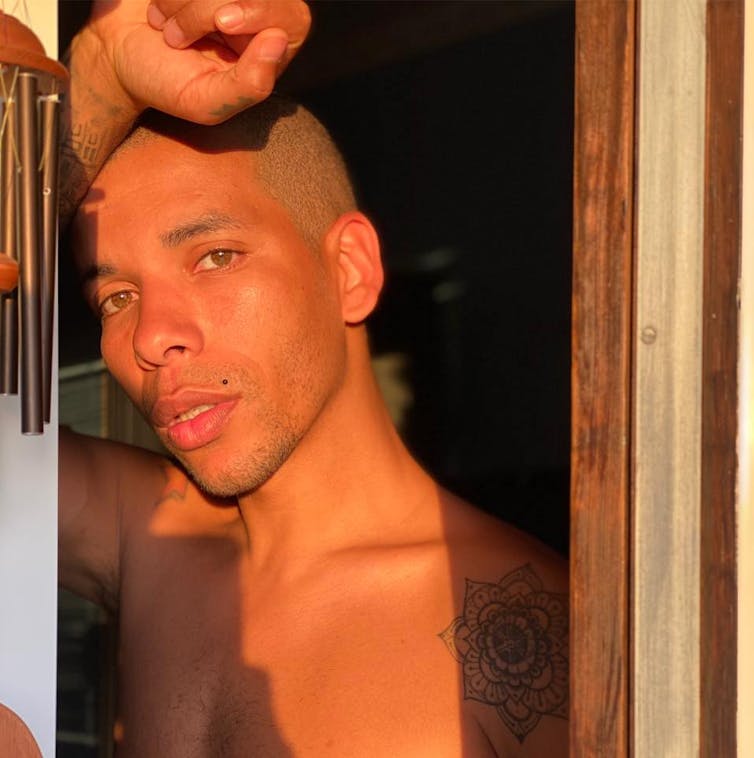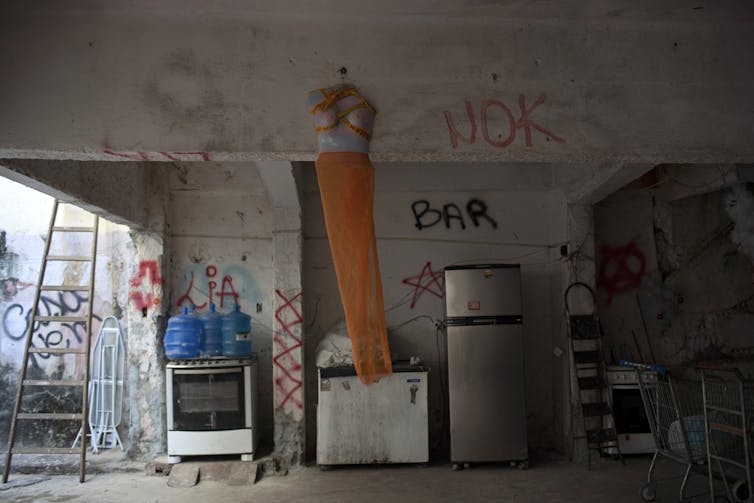Brazil has achieved accomplishments related to the rights and visibility of marginalized communities in the last two decades — from social innovations to educational change. However, LGBTQ+ sex workers of all genders are facing stigmatization and discrimination.
A major cause for this is Jair Bolsonaro, Brazil’s far-right president. When he was elected in 2018, the violence against LGBTQ+ sex workers began to be state endorsed, making it much harder for sex workers to do their jobs.
This discrimination is furthered because Brazil is a predominantly conservative society with a fast-growing fundamentalist Pentecostal population.
According to Brazilian anthropologist and professor at Universidade Federal da Bahia, Luiz Mott, every 26 minutes an LGBTQ+ person was murdered or took their own life, in 2020. Brazil is dangerous for LGBTQ+ people.
Bolsonaro has said some heinous things about LGBTQ+ people and sex workers. He publicly declared (translated from Portuguese) “I’m not going to fight or discriminate, but if I spot two men kissing in the street, I’ll beat them up,” and that “90 per cent of adopted boys are going to be gay and will be sex workers for the couple.” He said in a TV interview on Participação Popular “[If] the kid begins to look gay-ish, you just beat him up really bad and this will fix him. Right?”
Recently my research has led me to look into the shift occurring at venues where male sex workers, specifically men who have sex with men, labour in Rio de Janeiro and Recife. Rio de Janeiro is an international hub for gay tourism and Bolsonaro’s voting home base. While Recife is becoming one of the major cities in the northeast for domestic gay tourism, it is one of the cities with the largest number of anti-Bolsonaro votes.
Sex work in Brazil
Sex work and soliciting sex are not criminalized in Brazil, but sex work in general is not regulated. The regulation has been sitting in the National Congress, waiting to be voted on since 2012. It comes in the form of Bill 4211/2012, also called “Projeto de lei Gabriela Leite,” and has been facing fierce resistance from conservative lobbyists in the house.
The debate about sex work regulation was sanctioned by the social demand for public policies during the governments of Luiz Inácio Lula da Silva. Feminist and LGBTQ+ movements pushed this debate but were repressed with the election of Bolsonaro.

The reality for sex workers in Brazil is grim. Through my research I’ve interviewed and met many male sex workers. One of the men I interviewed through previous research told me it was better to be undocumented, face racism and social invisibility in Canada than to be a sex worker in Rio de Janeiro.
He explained that he left Brazil because he was exposed to sexual, physical and psychological violence at work. When I asked if he ever tried going to the police he replied “because the police are also the ones who could rape me at raids. So, I wanted nothing from them.”
Until Bolsonaro’s election win, sex workers had been gaining rights. His ultra-far-right, homophobic, racist and mysogynistic views have made the reality much worse.
In an interview with Huck Magazine, anthropologist Thaddeus Blanchette says brothels were on the decline before Bolsonaro came into power, but now they’re opening back up. Blanchette says:
“What that means is this whole structure of negotiations with the police, with the law and with judges has to be renegotiated. And of course, in this process the workers have no rights whatsoever. Instead, these brothels are a major income generator for Rio’s police and militia gangs.”
Bolsonaro’s necropolitical agenda targeting LGBTQ+ people, sex workers and other marginalized people together with the COVID-19 pandemic has been disastrous.

In 2022, I will conduct research that I am sure will reveal a country devastated by the pandemic, with LGBTQ+ people facing social persecution. While the results will no doubt be painful, the research will be conducted during a crucial moment for Brazil.
This year, the country completes 200 years of independence and, more importantly, will have a federal election — former president Luiz Inácio Lula da Silva leads all polls.
The conservative reaction to the possible return of a socialist and LGBTQ+ friendly government is unpredictable and since male sex workers are not well organized — unlike their female peers — their vulnerability is a major concern.
Bolsonaro’s leadership has had detrimental impact on the LGBTQ+ community. I’m hopeful that a new government will be elected and the country will be able to get back on track when it comes to regulating sex work, implementing protective bills and improving the lives for sex workers across the country. Because sex work is work.

